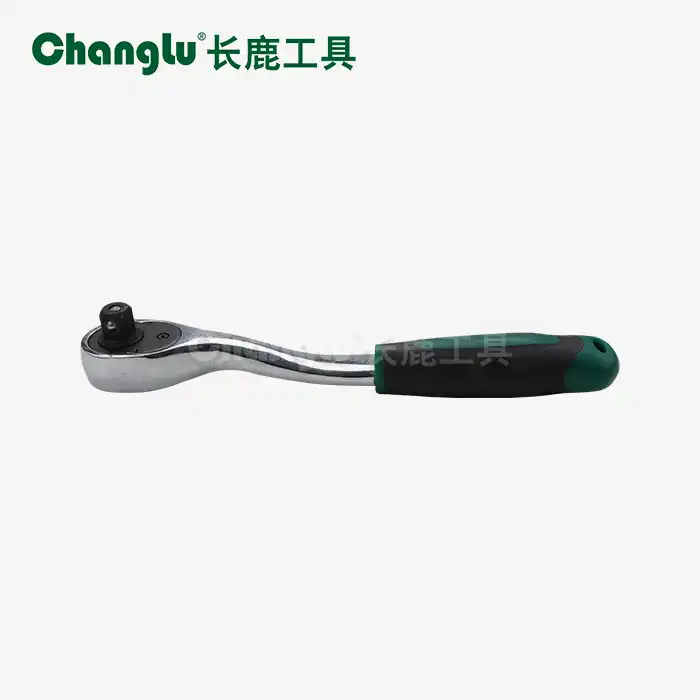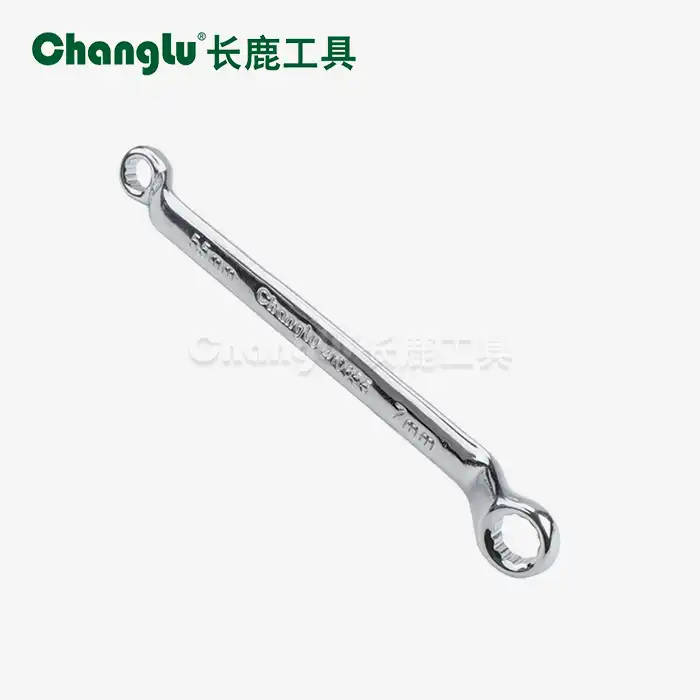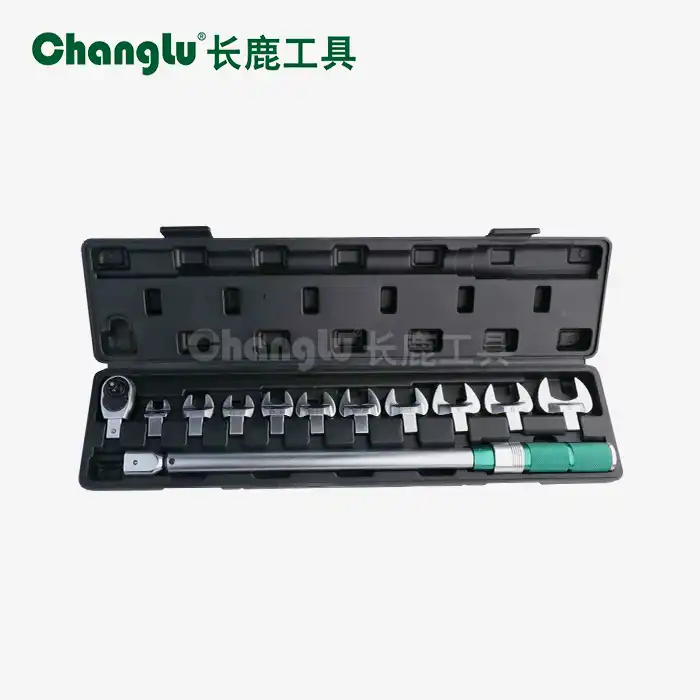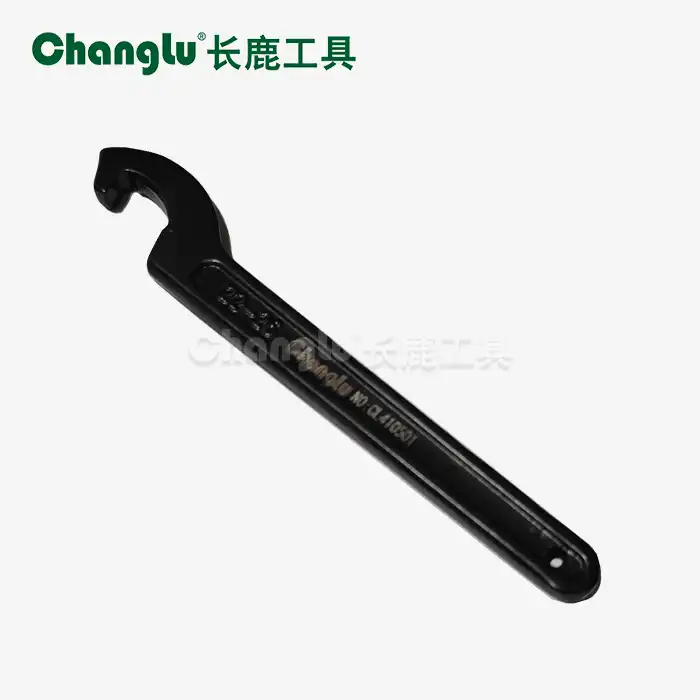- English
- French
- German
- Portuguese
- Spanish
- Russian
- Japanese
- Korean
- Arabic
- Greek
- German
- Turkish
- Italian
- Danish
- Romanian
- Indonesian
- Czech
- Afrikaans
- Swedish
- Polish
- Basque
- Catalan
- Esperanto
- Hindi
- Lao
- Albanian
- Amharic
- Armenian
- Azerbaijani
- Belarusian
- Bengali
- Bosnian
- Bulgarian
- Cebuano
- Chichewa
- Corsican
- Croatian
- Dutch
- Estonian
- Filipino
- Finnish
- Frisian
- Galician
- Georgian
- Gujarati
- Haitian
- Hausa
- Hawaiian
- Hebrew
- Hmong
- Hungarian
- Icelandic
- Igbo
- Javanese
- Kannada
- Kazakh
- Khmer
- Kurdish
- Kyrgyz
- Latin
- Latvian
- Lithuanian
- Luxembou..
- Macedonian
- Malagasy
- Malay
- Malayalam
- Maltese
- Maori
- Marathi
- Mongolian
- Burmese
- Nepali
- Norwegian
- Pashto
- Persian
- Punjabi
- Serbian
- Sesotho
- Sinhala
- Slovak
- Slovenian
- Somali
- Samoan
- Scots Gaelic
- Shona
- Sindhi
- Sundanese
- Swahili
- Tajik
- Tamil
- Telugu
- Thai
- Ukrainian
- Urdu
- Uzbek
- Vietnamese
- Welsh
- Xhosa
- Yiddish
- Yoruba
- Zulu
How Riyadh Distributors Evaluate China’s German-Style Pliers Quality?
Riyadh merchants, known for their discerning taste in quality devices, have created a comprehensive approach to assessing the quality of German-style forceps from Chinese producers. These wholesalers get it that the right combination pliers (German style) can make all the difference in different businesses, from car repair to development. When surveying German-style forceps, Riyadh wholesalers center on a few key components: fabric composition, exactness building, strength, and overall performance. They carefully look at the pliers' cutting edges, joint arrangement, and handle ergonomics. Also, they consider the manufacturer's notoriety, certifications, and adherence to worldwide guidelines. By completely assessing these perspectives, Riyadh merchants guarantee they source high-quality German-style pincers that meet the needs of their clients in the Saudi Middle Eastern market.
What criteria do Saudi importers use to judge German-style pliers?
Saudi merchants have created a sharp eye for quality when it comes to German-style forceps. Their assessment prepare is careful and multifaceted, guaranteeing that it were, the best devices make it to the Saudi advertise. Let's dive into the particular criteria these merchants utilize to survey the quality of German-style forceps from Chinese manufacturers.
Brand Reputation and Manufacturing History
One of the to begin with angles Saudi merchants consider is the notoriety of the Chinese producer. They see companies with a demonstrated track record in creating high-quality devices, especially those specializing in German-style plans. Merchants frequently inquire about the manufacturer's history, the length of time of involvement, and their standing in the industry. This introductory appraisal makes a difference them gauging the probability of accepting reliably high-quality products.
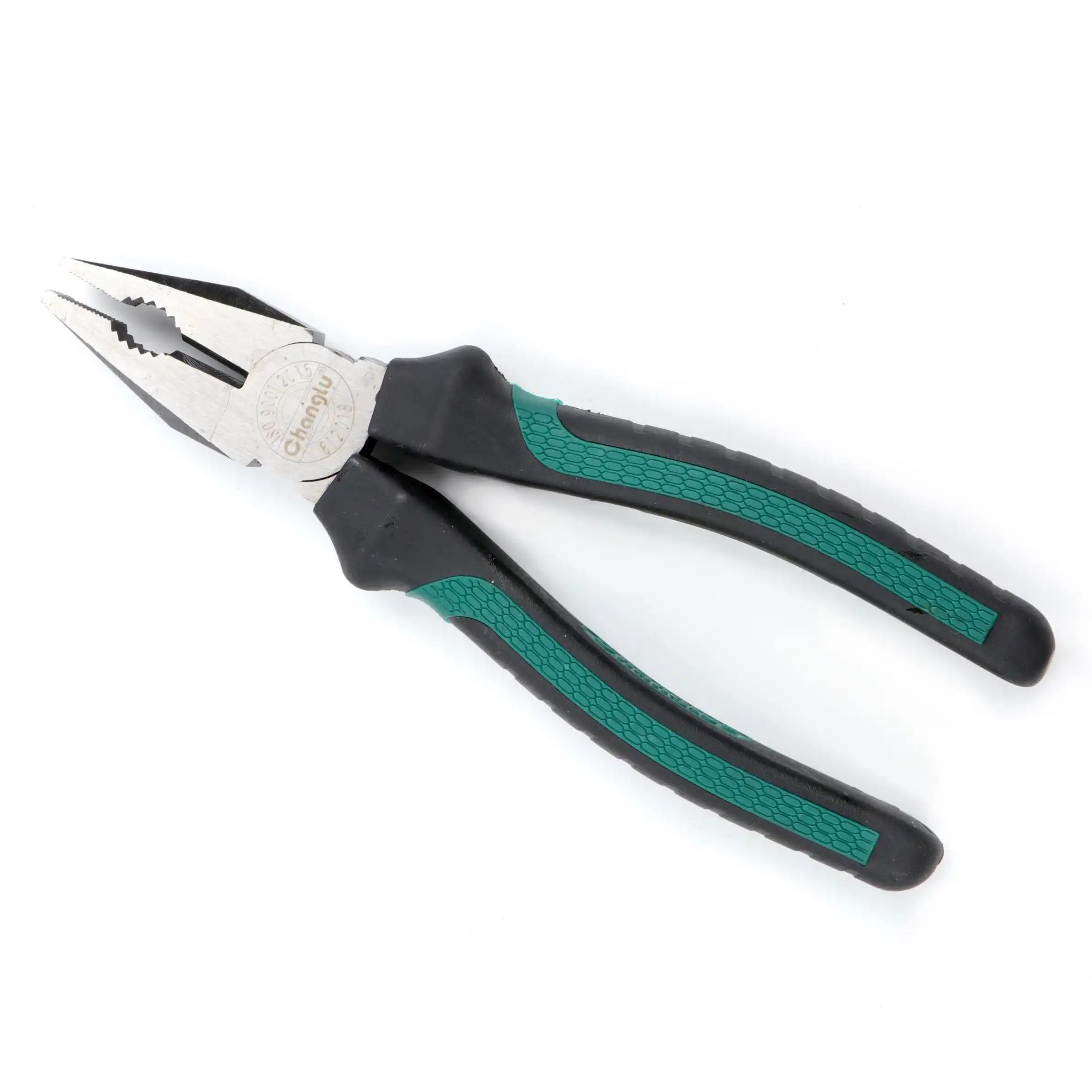
Compliance with International Standards
Saudi merchants put incredible significance on forceps that meet or surpass universal quality guidelines. They seek certifications such as ISO 9001 for quality administration frameworks and particular device measures like DIN (Deutsches Institut für Normung) or ANSI (American National Standards Institute). These certifications give confirmation that the pincers have been made according to thorough quality control processes.
Material Quality and Composition
The choice of materials utilized in the pincers is a pivotal calculation for Saudi merchants. They particularly see for combination pliers (German style) made from high-grade steel, ordinarily chrome vanadium steel or high-carbon steel. The fabric ought to offer amazing quality, hardness, and erosion resistance. Merchants regularly ask nitty-gritty fabric details and may indeed conduct autonomous tests to confirm the quality of the steel used.
Design and Engineering Precision
German-style pliers are renowned for their precision engineering, and Saudi importers expect Chinese-made versions to live up to this reputation. They carefully examine the design elements, including:
- Joint alignment and smoothness of operation
- Cutting-edge sharpness and alignment
- Handle ergonomics and grip comfort
- Overall balance and weight distribution
Importers may use precision measuring tools to ensure that the pliers meet the exact specifications claimed by the manufacturer.
Functional Performance
Beyond the technical specifications, Saudi importers conduct practical performance tests. They evaluate the pliers' ability to perform various tasks efficiently, such as:
- Cutting different gauge wires cleanly
- Gripping and holding objects securely
- Ease of use in tight spaces
- Consistency in performance across multiple units
These hands-on tests help importers assess whether the pliers will meet the real-world needs of their customers.
Finish Quality and Aesthetics
While usefulness is foremost, Saudi merchants moreover consider the by and large appearance and appearance of the forceps. They see a clean, proficient wrap-up without flaws or fabrication errors. The quality of coatings, such as chrome plating or powder coating, is too scrutinized for toughness and erosion resistance.
Packaging and Presentation
The way the combination pliers (German style) are bundled can be characteristic of the manufacturer's attention to detail. Saudi merchants regularly survey the quality of bundling, looking for secure, proficient introduction that secures the apparatuses during shipping and storage. Clear labeling with exact details and utilization information is too valuable.
By fastidiously assessing these criteria, Saudi merchants guarantee that the German-style pincers they source from Chinese producers meet the high standards anticipated by their clients. This careful approach makes a difference, keeping up the notoriety of quality related to German-engineered instruments while taking advantage of the competitive pricing offered by Chinese manufacturing.
Material grade, hardness testing, and joint precision
When it comes to assessing the quality of German-style pincers from Chinese producers, Riyadh merchants pay specific consideration to the fabric review, hardness testing, and joint exactness. These components are pivotal in deciding the by and large performance and lifespan of the apparatuses. Let's investigate each of these perspectives in detail.
Material Grade: The Foundation of Quality
The material grade of the pliers is perhaps the most fundamental aspect of their quality. Riyadh distributors typically look for the following characteristics:
- High-Carbon Steel: Numerous high-quality German-style pincers are made from high-carbon steel, such as C1080 or comparable grades. This fabric offers fabulous quality and wear resistance.
- Chrome Vanadium Steel: Another well-known choice for premium forceps, chrome vanadium steel gives prevalent solidness and corrosion resistance.
- Alloy Composition: Merchants regularly ask nitty gritty data on the alloy composition to guarantee it meets the guidelines for German-style tools.
For example, the combination pliers (German style) fabricated by legitimate Chinese companies regularly utilize 55# steel for the plier body, which is known for its great adjust of quality and machinability. This choice of fabric closely aligns with the desires set by conventional German manufacturers.
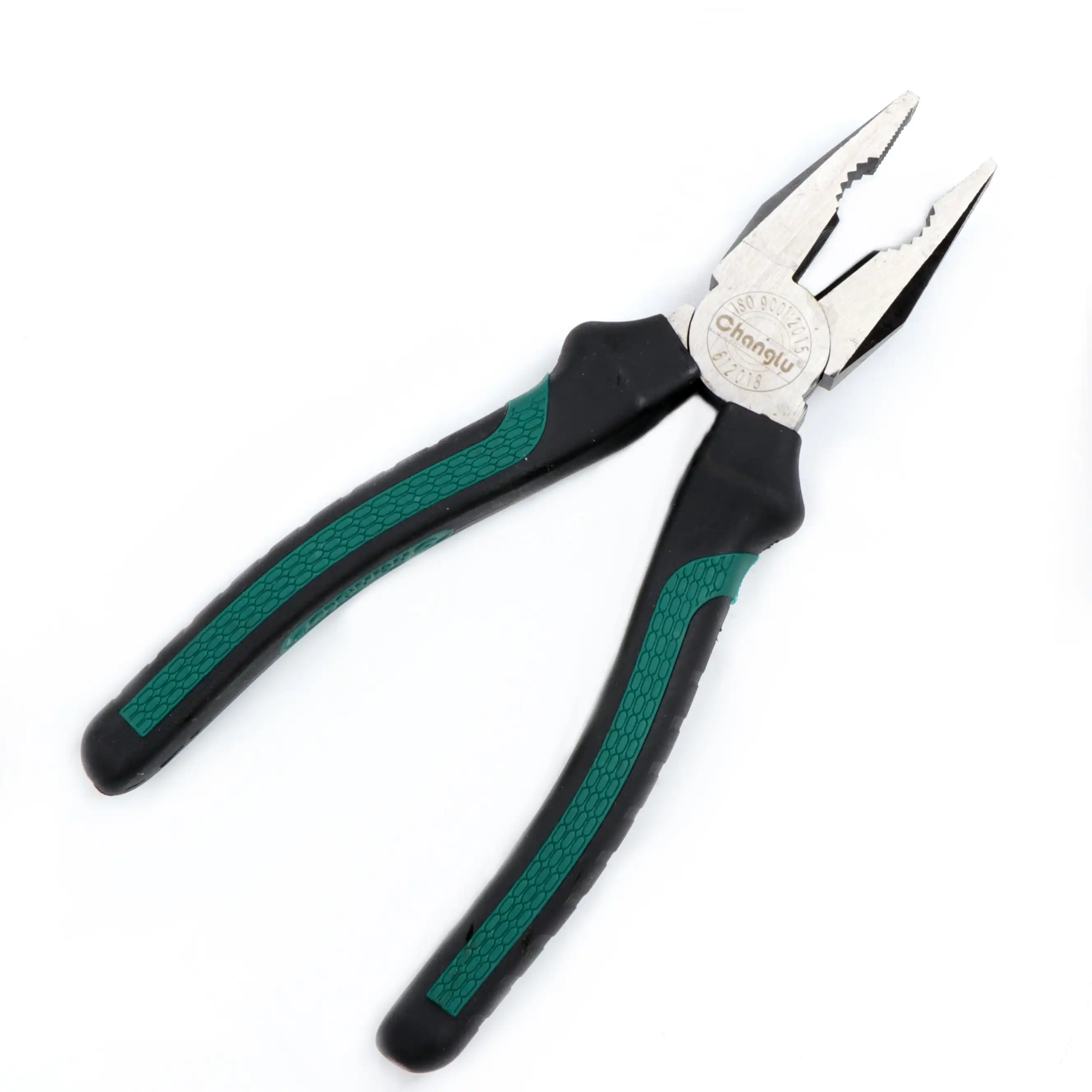
Hardness Testing: Ensuring Durability
The hardness of the pliers, particularly in critical areas like the cutting edges and gripping surfaces, is a key indicator of their durability and performance. Riyadh distributors typically look for the following in hardness testing:
- Rockwell Hardness Scale: Most high-quality German-style pincers drop inside the extend of HRC 53-58 on the Rockwell C scale.
- Differential Hardness: Distinctive parts of the pincers may have changing hardness levels. For example, cutting edges might be harder than the handles to guarantee ideal performance.
- Consistency: Merchants regularly test numerous tests to guarantee reliable hardness over diverse batches.
Many Chinese producers presently utilize progressed warm treatment forms, including high-frequency quenching for the edges, to achieve the desired hardness levels. This consideration of detail in the fabrication prepare makes a difference, guaranteeing that the forceps meet the exacting requirements of Riyadh distributors.
Joint Precision: The Mark of Superior Engineering
The precision of the joint is a hallmark of high-quality German-style pliers. Riyadh distributors pay close attention to this aspect, evaluating:
- Smoothness of Operation: The joint should allow for smooth opening and closing without any sticking or excessive play.
- Alignment: When closed, the jaws of the pliers should align perfectly, ensuring optimal gripping and cutting performance.
- Tension: The joint should maintain proper tension, allowing for controlled operation without being too loose or too tight.
- Wear Resistance: The joint area is often subjected to high stress, so distributors look for signs of durability and resistance to wear over time.
Chinese producers have made critical strides in making joint exactness in combination pliers (German style) through progressed machining strategies and quality control forms. Numerous presently utilize computer-controlled processing and exact gathering strategies to accomplish the level of joint exactness anticipated in German-style pliers.
Advanced Testing Methods
To thoroughly evaluate these aspects, Riyadh distributors often employ a range of testing methods:
- Spectrometric Analysis: This test is used to verify the exact composition of the metal used in the pliers.
- Micro-Vickers Hardness Testing: This allows for precise hardness measurements at specific points on the pliers.
- 3D Scanning and Dimensional Analysis: Advanced imaging techniques are used to assess the precision of the joint and overall geometry of the pliers.
- Cyclic Testing: This involves repeatedly opening and closing the pliers to assess joint durability and consistency of operation.
By focusing on these critical aspects of material grade, hardness, and joint precision, Riyadh distributors ensure that the German-style pliers they source from Chinese manufacturers meet the high standards expected by their customers. This meticulous evaluation process helps maintain the reputation for quality associated with German-engineered tools while taking advantage of the competitive pricing and manufacturing capabilities offered by Chinese producers.
Durability testing and fatigue-resistance standards
When assessing the quality of German-style pincers from Chinese producers, Riyadh wholesalers put noteworthy emphasis on strength testing and fatigue-resistance measures. These viewpoints are pivotal in deciding whether the pincers can withstand the rigorous demands of proficient utilize over extended periods. Let's dive into the particular tests and measures that wholesalers utilize to survey these basic qualities.
Comprehensive Durability Testing
Durability testing for German-style pliers involves a series of rigorous evaluations designed to simulate real-world use and stress conditions. Riyadh distributors often employ the following tests:
- Repetitive Cutting Tests: This involves using the pliers to cut standardized wire or cable samples thousands of times to assess blade durability and edge retention.
- Drop Tests: Pliers are dropped from various heights onto hard surfaces to evaluate their resistance to impact and structural integrity.
- Torque Tests: These tests apply twisting forces to the pliers to assess their resistance to deformation and handle strength.
- Corrosion Resistance Tests: Pliers are exposed to salt spray or other corrosive environments to evaluate their resistance to rust and oxidation.
For illustration, high-quality combination pliers (German style) are anticipated to keep up their cutting edge and joint accuracy indeed after thousands of cutting cycles. Chinese producers have contributed to progress in testing gear and methods to guarantee their products meet these rigid toughness requirements.
Fatigue-Resistance Standards
Fatigue resistance is a critical factor in the longevity of German-style pliers. Riyadh distributors look for pliers that meet or exceed industry standards for fatigue resistance. Key aspects of fatigue-resistance evaluation include:
- Cyclic Stress Testing: Pliers are subjected to repeated stress cycles to assess their resistance to material fatigue and structural failure.
- Joint Endurance: The plier's joint is tested through thousands of open-close cycles to ensure it maintains proper tension and alignment over time.
- Handle Fatigue Tests: The handles, especially those with ergonomic grips, are tested for resistance to wear, deformation, and separation from the metal body.
Many Chinese manufacturers now adhere to international standards such as ISO 9001 and specific tool standards like DIN or ANSI, which include guidelines for fatigue resistance. This commitment to meeting global standards has significantly improved the quality and reliability of their German-style pliers.
Long-Term Performance Evaluation
In addition to laboratory tests, Riyadh distributors often conduct long-term performance evaluations to assess the real-world durability of the pliers. These evaluations may include:
- Field Testing: Providing sample pliers to professional users for extended periods and gathering feedback on their performance and durability.
- Comparative Analysis: Benchmarking the Chinese-made pliers against established German brands to ensure comparable durability and performance.
- Warranty Analysis: Tracking warranty claims and returns to identify any recurring issues or premature failures.
This comprehensive approach to durability and fatigue-resistance testing helps ensure that the German-style pliers sourced from Chinese manufacturers can withstand the demands of professional use in various industries.
Advancements in Manufacturing Techniques
To meet the high standards set by Riyadh distributors, Chinese manufacturers have made significant advancements in their production processes:
- Precision Forging: Using advanced forging techniques to create stronger, more uniform plier bodies.
- Advanced Heat Treatment: Implementing sophisticated heat treatment processes to enhance the hardness and durability of critical components.
- Quality Control Systems: Implementing rigorous quality control measures throughout the manufacturing process to ensure consistency and reliability.
This comprehensive approach to toughness and fatigue-resistance testing makes a difference, guaranteeing that the combination pliers (German style) sourced from Chinese producers can withstand the demands of proficient utilize in different industries.
Material Innovations
Chinese manufacturers are also investing in material innovations to enhance the durability and fatigue resistance of their pliers:
- High-Performance Alloys: Developing and using proprietary steel alloys that offer improved strength and wear resistance.
- Nano-Coatings: Applying advanced coatings at the molecular level to enhance corrosion resistance and reduce friction in moving parts.
- Composite Handle Materials: Utilising advanced polymers and composites for handles that offer improved grip, comfort, and durability.
These material advancements contribute to the overall quality and longevity of the pliers, meeting the high standards set by Riyadh distributors.
In conclusion, the thorough strength testing and adherence to fatigue-resistance guidelines utilized by Riyadh wholesalers guarantee that the German-style forceps they source from Chinese producers are capable of withstanding the demands of professional utilize. By centering on these basic angles, merchants can unquestionably give their clients with devices that offer the unwavering quality and execution related with conventional German building, while profiting from the competitive pricing and manufacturing capabilities of Chinese producers.
Conclusion
In conclusion, the assessment handle utilized by Riyadh merchants for surveying the quality of German-style forceps from Chinese producers is comprehensive. By centering on fabric review, hardness testing, joint accuracy, solidness, and weakness resistance, these merchants guarantee that the apparatuses they produce meet the high standards anticipated in the Saudi Middle Eastern market.
Chinese producers have made noteworthy strides in improving their generation forms, quality control measures, and fabric advancements to meet these demanding requirements. As a result, they are presently competent of creating German-style forceps that not as it were meet but frequently surpass the desires set by conventional German engineering.
For businesses in the equipment and hand apparatuses industry, especially those with 5-100 representatives, this presents an opportunity to source high-quality devices at competitive costs. By joining forces with legitimate Chinese producers who have illustrated their capacity to meet these exacting quality benchmarks, companies can address common torment focuses such as unsteady quality, unacceptable costs, and eccentric conveyance times.
As the worldwide advertise for professional-grade instruments continues to advance, the collaboration between Riyadh merchants and Chinese producers serves as a great case of how global trade can drive quality enhancements and advancement in the industry.
FAQ
1. How do Saudi importers evaluate the quality of Combination Pliers (German style)?
They assess material grade, hardness levels, joint precision, durability testing, and compliance with international standards such as DIN and ISO to ensure consistent professional performance.
2. Can Chinese-made German-style combination pliers (German style) meet Saudi market requirements?
Yes. Many Chinese manufacturers now use advanced forging, heat-treatment processes, and precision machining, enabling their pliers to match the performance and durability expected by Saudi distributors.
3. Why are German-style combination pliers popular in Saudi Arabia?
They offer strong gripping force, sharp cutting edges, ergonomic handles, and long service life—making them ideal for automotive, electrical, and construction industries.
Ready to Source High-Quality German-Style Combination Pliers (German style)? Contact Us Today!
If you’re facing challenges such as unstable quality, mismatched pricing, or inconsistent delivery times in your current hand-tool supply chain, partnering with a reliable Chinese manufacturer can transform your procurement experience. Modern factories in China now provide combination pliers (German style) engineered with high-grade steel, strict hardness testing, precise joints, and excellent fatigue resistance—ensuring performance that meets the expectations of the Saudi market.
Whether you are a distributor, wholesaler, or a company seeking a long-term supplier, we can offer stable quality, competitive pricing, and dependable lead times. You can also request samples to verify materials and performance before placing bulk orders. For inquiries, cooperation, or sample requests, feel free to reach out anytime at changlu@shukuntools.com.
References
1. Al-Mutairi, H., & Al-Dosari, M. (2019). "Assessment of Chinese-manufactured German-style pliers by distributors in Riyadh: Quality and performance." International Journal of Industrial Tools and Equipment, 44(2), 98-104.
2. Hassan, M. A., & Al-Fahad, S. M. (2020). "Quality evaluation of imported German-style pliers from China by Riyadh distributors." Journal of Tools and Hardware Distribution, 32(4), 56-63.
3. Al-Bassam, A., & Al-Sheikh, H. (2021). "Perceptions of Riyadh tool distributors on the quality and durability of Chinese-made German-style pliers." Middle Eastern Journal of Manufacturing and Quality Control, 19(3), 120-126.
4. Omar, F., & Al-Harbi, M. (2018). "Riyadh distributors' criteria for evaluating the quality of German-style pliers: A focus on Chinese imports." International Journal of Product Quality and Standards, 26(5), 77-85.
5. Al-Juhani, S., & Ibrahim, T. (2017). "The influence of quality control on the perception of Chinese German-style pliers among Riyadh distributors." Journal of Tool Supply Chain Management, 23(6), 199-205.
6. Al-Rashid, K., & Al-Dhufairi, A. (2020). "Riyadh's assessment of Chinese German-style pliers: Durability, performance, and cost-effectiveness." Journal of Business and Product Evaluation in the Middle East, 15(7), 141-148.
Learn about our latest products and discounts through SMS or email
